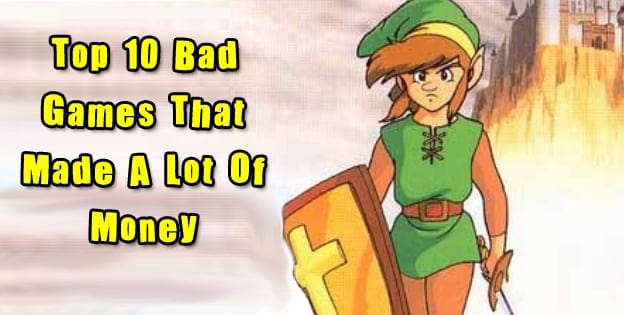Top 10 Bad Games That Made A Lot Of Money
Many critically acclaimed games have sold over a million copies, but there have been some unworthy duds to hit this milestone as well. Some of these titles had publishers with deep pockets and a crack marketing team, others rode the laurels of a popular brand. The following ten games may not be the worst of the worst, but they certainly talked the talk more than they walked the walk.
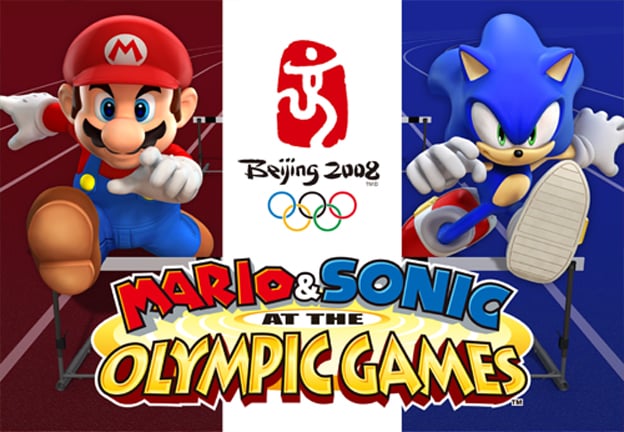 Mario & Sonic at the Olympic Games (Wii)
Mario & Sonic at the Olympic Games (Wii)
Gamers had waited for what seems like ages to finally get to see the Portly Plumber and the Blue Blur, two of gaming’s most iconic mascots, finally clash. The “Bit Wars” had been over for a while, but it was a square-off we were eager to see nonetheless.
Over seven million people picked up Mario & Sonic at the Olympic Games, but they soon realized the showdown wasn’t all it was cracked up to be. It ended up being a party game compilation, and one that didn’t do just justice to either of the two game legends present—or the Olympics, for that matter. The Wii motion controls were frustrating, and the overall conclusion was it severely lacked the polish that this first meeting between Mario and Sonic deserved.
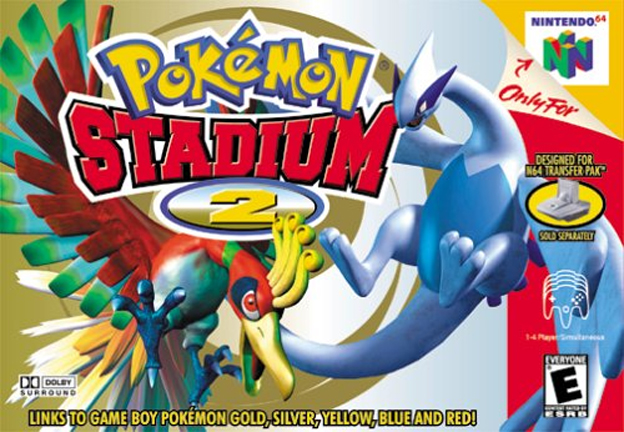 Pokémon Stadium 2 (N64)
Pokémon Stadium 2 (N64)
The original Pokémon Stadium was a refreshing change of perspective and gameplay for any veteran trainer with a full roster of the catchable creatures on their Game Boys. Set in a 3D arena (thanks to the powerful Nintendo 64 hardware) we could finally see our Pokémon powers with a full flare of colorful animations. Yes, the first Pokémon Stadium game should be a proud addition to anyone’s collection.
The second one, not so much. Yet hungry fans of the series couldn’t resist the sequel, even with no new features and only a slightly larger roster to play with. The formula was the same, and it was a cheap product that did nothing more than fill the already big pockets of developer Game Freak.
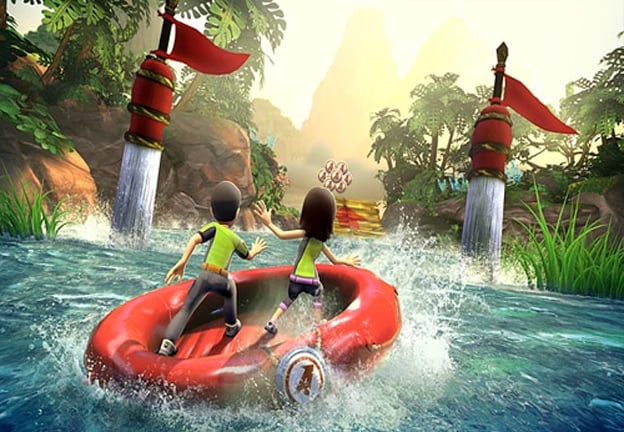 Kinect Adventures (Xbox 360)
Kinect Adventures (Xbox 360)
Kinect Adventures is the best-selling Xbox 360 game to date, with millions more than Call of Duty: Black Ops, the 360 title in the second place spot. Of course, it was a pack-in game for Microsoft’s motion peripheral, so little credit can be given to it as a standalone game. With five minigames in total (and only a couple worth your time), there was little showcasing of the versatility of the full-body motion technology. The controls worked well enough, but were certainly far from refined. And yet here we are, two years later, and there’s still a lot of improving to do.
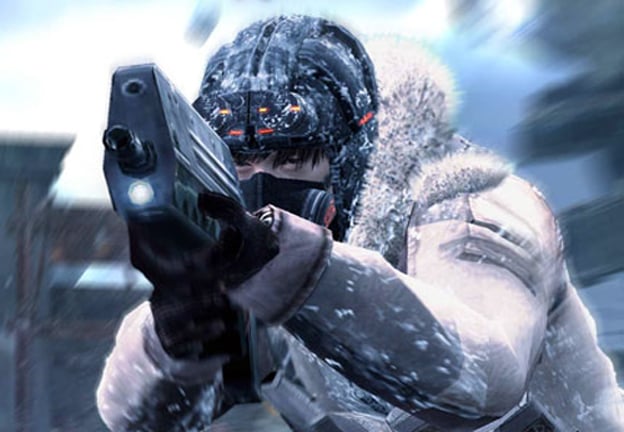 Lost Planet: Extreme Conditions (Xbox 360, PS3, PC)
Lost Planet: Extreme Conditions (Xbox 360, PS3, PC)
Lost Planet was a decent third-person shooter, but in a very competitive genre, decent just doesn’t cut it. Yes, the visuals were stunning and the combat engaging, but the story was less than epic. The English localization was very shoddy, with flat translation of the script and extremely stiff voice acting. If you liked taking down massive enemies with various interesting weapons, Lost Planet was fine, but it didn’t offer much else. Lost Planet 2 was even worse, with lower review scores and fewer sales. I’m shocked that Capcom has decided to move forward with Lost Planet 3, which is expected to come out next year. But hey, maybe third time’s the charm.
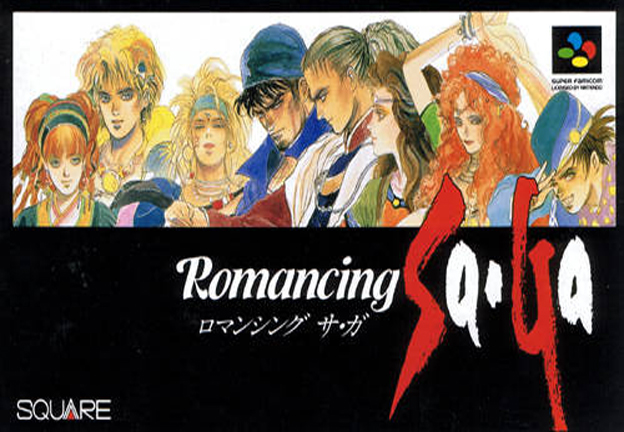 Romancing SaGa (Super Famicon, PS2)
Romancing SaGa (Super Famicon, PS2)
Most RPGs get a passing grade simply because the sheer amount of content is enough to justify the purchase cost. Poor character development, a muddled storyline, dated graphics, and a frustrating combat system were big enough issues with Romancing SaGa that no amount of content could redeem it. The strong sales numbers were mostly from the Super Famicon version, released in Japan in the early 90s. It was the 2005 remake on the PlayStation 2 that really missed the mark. It just shows that updating a game requires more than simply reworking the programming code.
- Page 1
- Page 2
